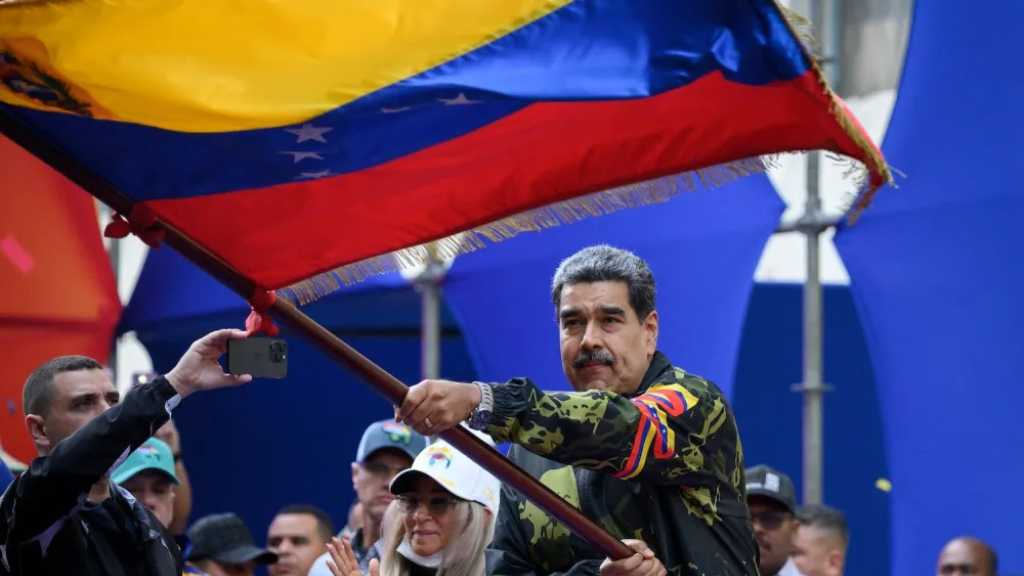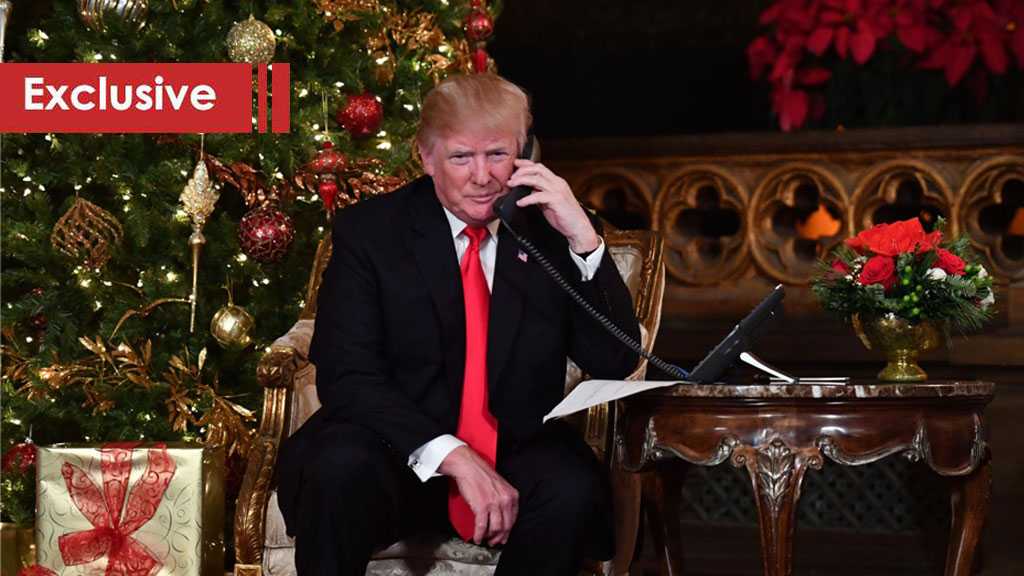Oil, Power, and Hypocrisy: The US Approach to Venezuela

By Mohamad Hammoud
The Venezuelan election and its consequences highlight the complex and often hypocritical nature of US foreign policy. This complexity is deeply rooted in the antagonistic stance adopted by the US and its Western allies, which arises from Venezuela's decision to prioritize national sovereignty over alignment with external interests. At the heart of this tension was President Hugo Chávez's nationalization of Venezuela’s oil industry, a decisive move that directly challenged US economic and political dominance in the region. This essay will explore the US and its allies' responses to Venezuela's nationalization of its oil industry and the ongoing political turmoil under Nicolás Maduro. Additionally, this essay will highlight the double standards in US foreign policy, which often labels those who oppose its interests as illegitimate while simultaneously supporting regimes that align with its own policies.
Chávez's Nationalization of Oil
In 1999, Hugo Chávez came to power and implemented a series of socialist reforms aimed at reducing poverty and redistributing wealth in Venezuela. One of his most significant actions was the nationalization of the country's oil industry in 2007, intended to ensure that profits from Venezuela's vast oil reserves benefited the Venezuelan people rather than foreign corporations. Chávez established programs to improve healthcare and expand education. While this policy was celebrated domestically by the working class, it drew ire from US policymakers and corporations that had long benefitted from exploiting Venezuela’s oil resources.
US Response and Intervention
For the US, Chávez’s policies were perceived as a direct challenge to the neoliberal economic framework that Washington aimed to impose worldwide. In response, American administrations enacted measures designed to isolate Venezuela, including economic sanctions and backing for opposition groups seeking to destabilize his government. This hostility culminated in the brief coup attempt against Chávez in 2002, which highlighted the extent to which the US was willing to undermine a democratically elected government to serve its strategic interests. Despite substantial evidence of US involvement in this intervention, Washington maintained its self-image as a defender of democracy while simultaneously supporting anti-democratic factions in Venezuela.
Double Standards in US Foreign Policy
The US propaganda portrayed Chávez and his successor, Nicolás Maduro, as authoritarian figures who violated human rights and undermined democratic principles. However, this narrative conveniently overlooked Washington’s alliances with repressive regimes around the globe. From Saudi Arabia to Egypt, the US has consistently supported governments that align with its geopolitical goals, regardless of their records on democracy or human rights. This selective approach exposes the hypocrisy of US foreign policy, which often labels adversaries as “illegitimate” while providing unwavering support to allies who commit egregious abuses.
Economic Sanctions and Humanitarian Impact
Additionally, the use of economic sanctions as a tool of foreign policy further illustrates this hypocrisy. While US officials claim to stand with the Venezuelan people, their actions have disproportionately harmed the most vulnerable segments of society. Economic sanctions have deepened the country’s crisis and contributed to widespread shortages of food, medicine, and other essentials. The labeling of Maduro’s government as “illegal” contrasts sharply with Washington’s endorsement of Juan Guaidó, who declared himself interim president in 2019 without substantial legal basis. This move was widely viewed as an attempt to orchestrate regime change, further highlighting the inconsistency of US policy, which prioritizes alignment with its interests over principles of sovereignty and self-determination.
Conclusion
The Venezuelan election and the broader conflict between Caracas and Washington serve as a microcosm of the US’s approach to Latin America. For decades, the region has been treated as a backyard where US interests supersede the aspirations of its people. Leaders who challenge this dynamic, whether through economic reform, social programs, or alliances with alternative global powers, are often vilified and targeted for destabilization.
The US and its allies' response to the Venezuelan election and the nationalization of the oil industry under Chávez and Maduro highlights a deeply hypocritical approach to foreign policy. While the US condemns Venezuela for its alleged lack of democracy and human rights abuses, it continues to support authoritarian regimes that align with its interests. This double standard undermines the credibility of US criticisms and reveals the extent to which its foreign policy is driven by economic and geopolitical considerations. A more consistent and principled approach to international relations is essential for restoring credibility and promoting genuine democratic values globally.
Comments




